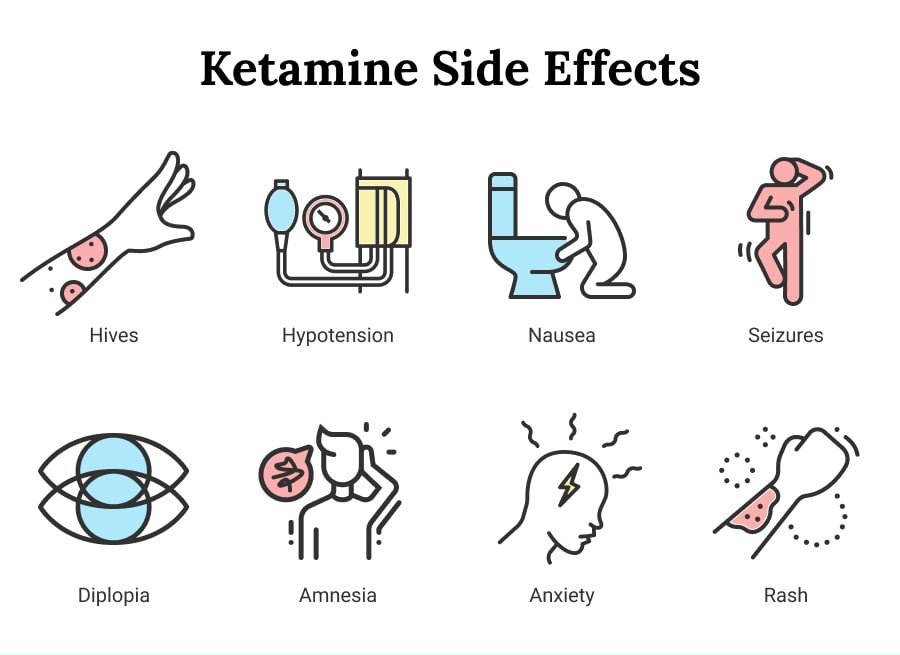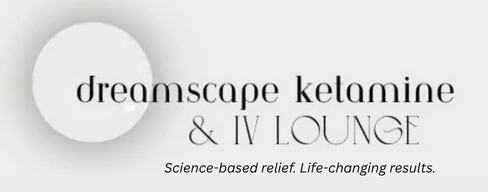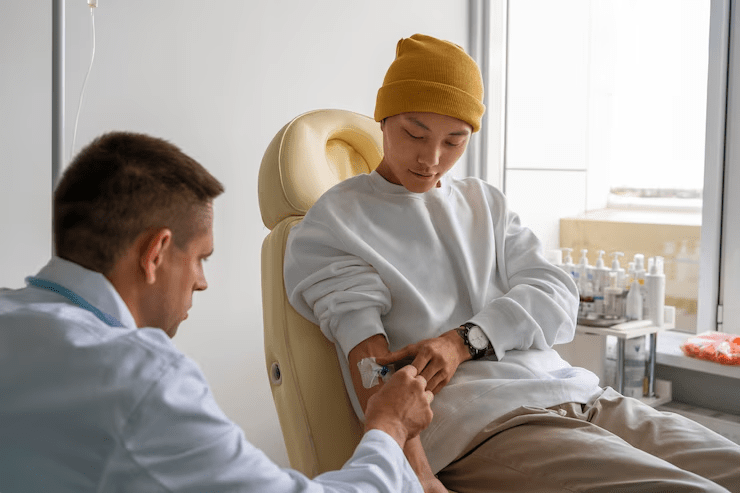Introduction
Understanding the Safety of Ketamine Therapy in San Diego
Ketamine therapy has emerged as a promising treatment for depression, especially for those unresponsive to traditional methods. As its popularity grows in San Diego, many patients are asking: Is ketamine therapy safe? This article delves into clinical data, potential side effects, and the importance of professional supervision to provide clarity.
Clinical Evidence Supporting Ketamine Safety
Large-Scale Clinical Data
A comprehensive analysis of over 235,000 ketamine infusions in U.S. clinics revealed a serious adverse event rate of less than 0.003%. Most side effects were mild and transient, including nausea and elevated blood pressure, resolving without intervention.
Controlled Clinical Trials
A 2018 review encompassing six clinical trials with over 500 patients found:
- No reports of psychosis, overdose, or lasting side effects.
- Temporary blood pressure elevations in 10–15% of patients.
- Mild dissociation in 25–30% of patients, typically subsiding within 30–60 minutes.
These findings underscore the safety of ketamine when administered under proper medical supervision.
Common Side Effects of Ketamine Therapy
While ketamine is generally well-tolerated, some patients may experience:
- Dissociation (25–30%): Peaks early and fades within 30–60 minutes.
- Nausea (10–15%): Manageable with anti-nausea medications.
- Elevated Blood Pressure/Heart Rate (10–15%): Usually self-resolving post-infusion.
- Drowsiness/Fatigue (15–20%): Temporary; patients should arrange transportation home.
- Mild Anxiety (<10%): Rare and often alleviated with environmental adjustments.

Rare but Serious Risk
Though uncommon, some risks include:
- Bladder Inflammation (Ketamine Cystitis): Primarily observed in chronic, high-dose recreational users; rare in clinical settings.
- Substance Misuse: Medical doses used for depression are non-habit-forming, especially with close monitoring.
- Confusion/Agitation (<1%): Extremely rare, more likely in unscreened or at-risk psychiatric populations.
Ensuring Safety Through Professional Supervision
At Dreamscape Ketamine & IV Lounge, patient safety is paramount. Measures include:
- Comprehensive Medical Screening: Assessing medical history, medications, and vital signs before treatment.
- Real-Time Monitoring: Continuous observation of vital signs before, during, and after each session.
- Experienced Nursing Staff: Sessions supervised by ICU and ER nurses with over a decade of critical care experience.
- Certified Professionals: All staff are certified in Basic Life Support (BLS) and Advanced Cardiac Life Support (ACLS).
- Emergency Protocols: Equipped to manage rare complications with professionalism.
- Post-Treatment Guidance: Detailed aftercare instructions to ensure smooth recovery.
Is Ketamine Therapy Right for You?
Ketamine therapy offers hope for individuals with treatment-resistant depression. If traditional treatments haven’t yielded results, ketamine might be a viable alternative. Consultation with medical professionals can determine suitability.
Conclusion
Ketamine therapy, when administered in a controlled, professional environment, is a safe and effective treatment for depression. With stringent protocols and experienced staff, clinics like Dreamscape Ketamine & IV Lounge ensure patient well-being throughout the treatment journey.

